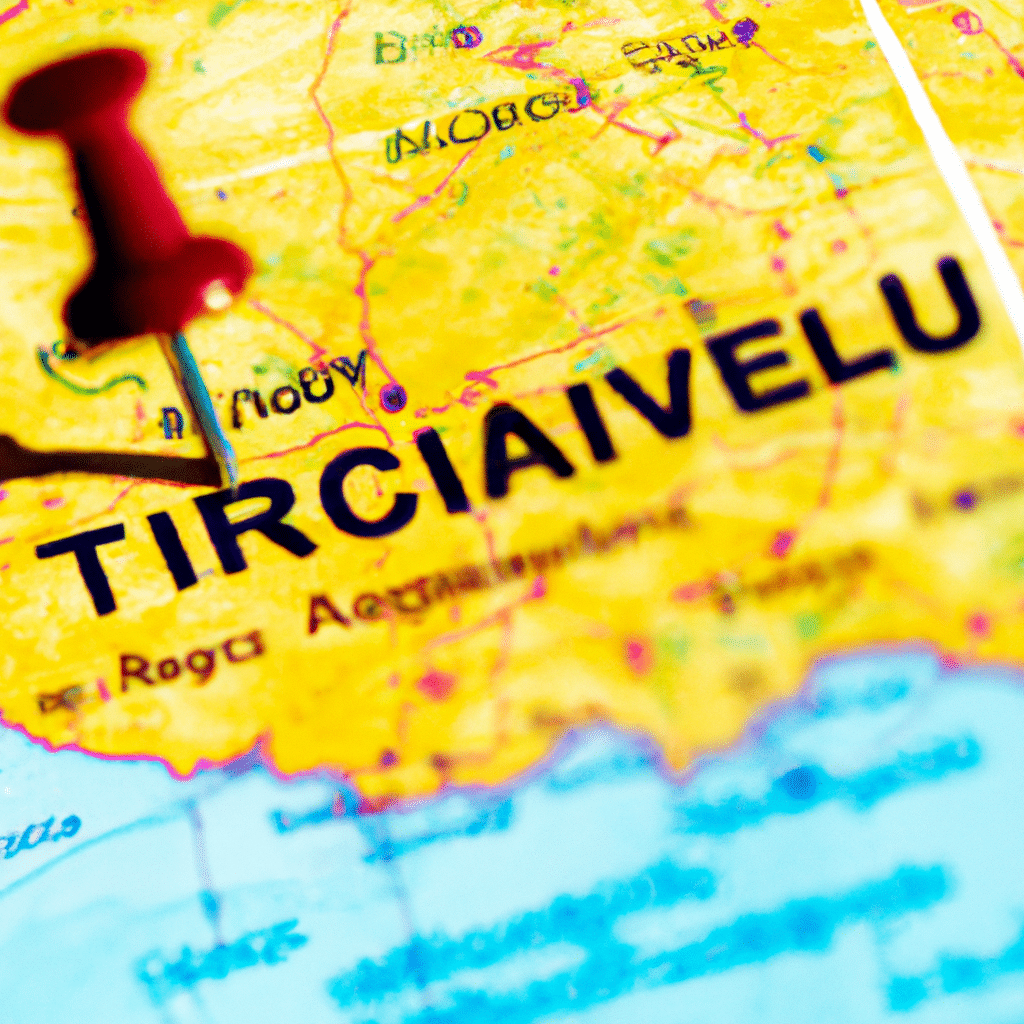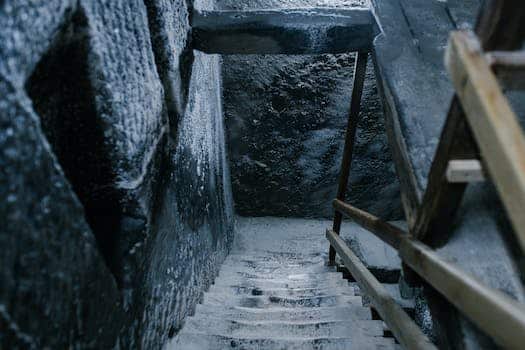Indigenous cultures and traditions are an integral part of the world’s cultural heritage. They offer a unique perspective on life and nature, and their customs and beliefs have been passed down from generation to generation for centuries. These cultures are incredibly diverse, with each one having its own language, customs, and traditions.
One of the best ways to learn about and appreciate Indigenous cultures and traditions is through cultural learning vacations. These experiences allow you to immerse yourself in the culture, interact with the locals, and gain a deeper understanding of their way of life.
Authentic cultural experiences are also valuable for those who want to learn more about Indigenous cultures. These experiences can include attending a Pow Wow, participating in a sweat lodge ceremony, or learning traditional crafts such as beading or basket weaving. These experiences provide a unique opportunity to learn about the culture first-hand and gain a deeper appreciation for its traditions.
The Importance of Preserving Indigenous Cultures and Traditions
Indigenous cultures and traditions are under threat due to the impact of globalization, climate change, and other factors. It is important to preserve these cultures and traditions for future generations to learn from and appreciate.
Preserving Indigenous cultures also has environmental benefits. Many Indigenous cultures have a deep connection to the land and have developed sustainable practices that can help mitigate the impact of climate change. By preserving these cultures, we can learn from their wisdom and work towards a more sustainable future.
Examples of Indigenous Cultures and Traditions
There are countless Indigenous cultures and traditions around the world. Here are just a few examples:
- The Maori culture of New Zealand, which has a rich history and traditions that are still observed today.
- The Inuit culture of the Arctic, which has a deep connection to the land and a unique way of life.
- The Aboriginal culture of Australia, which has a rich history and traditions that have been passed down for thousands of years.
- The Native American culture of North America, which has a diverse range of traditions and beliefs that vary from tribe to tribe.
Conclusion
Indigenous cultures and traditions are an important part of our world’s cultural heritage. They offer a unique perspective on life and nature, and it is important to preserve and celebrate them. Cultural learning vacations and authentic cultural experiences are valuable ways to learn about and appreciate these cultures. By working towards preserving these cultures, we can learn from their wisdom and work towards a more sustainable future.





